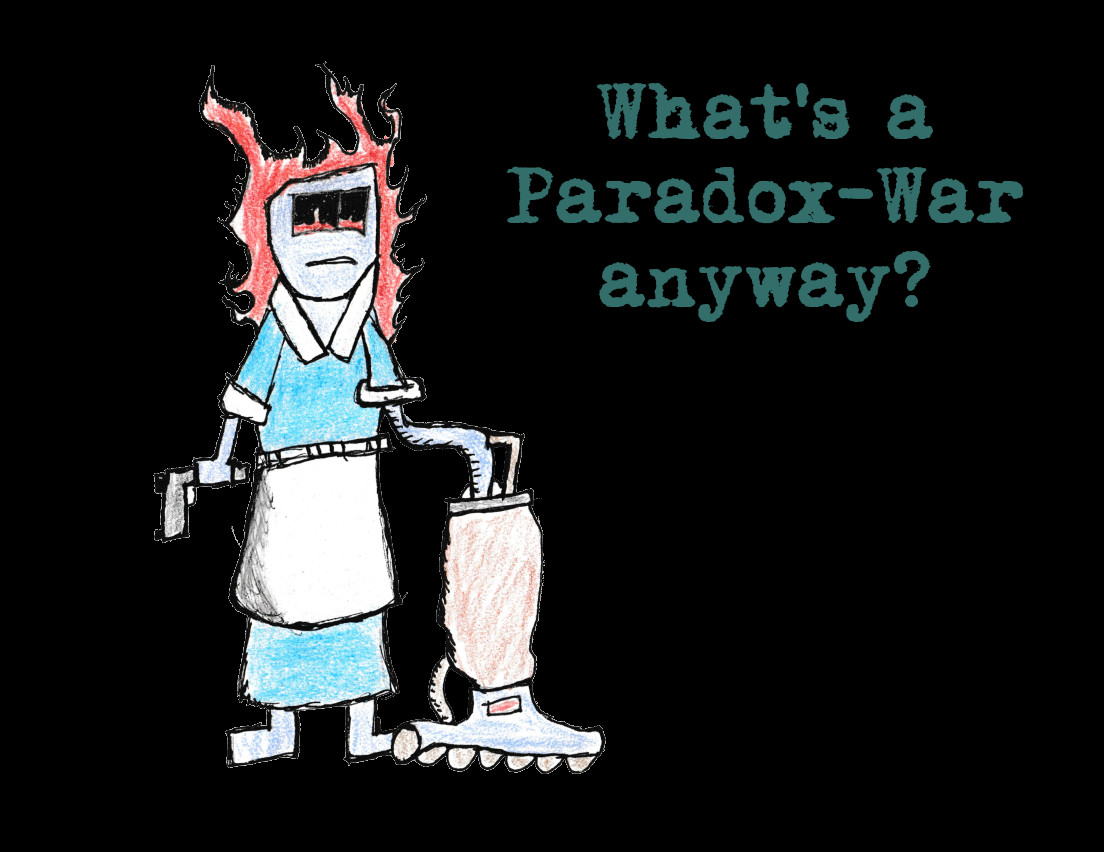I think it depends on the game. I am studying the Blades in the Dark rulebook and really loving the detail. I think what makes a big difference is that the details provided feel like they would actually help with GM prep. This is a first for me. So many modules and rule books provide details while somehow being utterly useless. My advice would be to play test the system and only write down the kinds of details that actually made a difference in your prep and games. There is such a night and day difference I am feeling with this rulebook and I dont think its at all obvious to the casual observer. Got to get out of that author mindset and into a gm one. Thow out all that inspiration drivel and make actual facts out of the world that would matter and lead to plothooks for a campaign. ... that is if you want to, generic systems are good too.
RPG
Discussion of table top roleplaying games.
Blades is incredibly slick in it's design. I think it's the best example of modern design where the mechanics and lore lean on each other. Because of the way many of the setting decisions are designed in subtle clever ways to add to the play, it makes me intimidated to run it, because I'm worried I'm going to get it wrong and weaken my game. I would have to do a lot of studying and run it a few more times before I felt I was really getting it.
I like the Avatar Legends RPG, and the lore included is great. But I hate how spread out the rules are and how much hunting around I find myself doing. They probably could have put all the rules in a concise, 20-30 pages or less. Then the other hundred or so after that could have the lore.
It's PbtA. Very easy to GM and to play. But it's still hard to convince people to try it, even people who like ATLA, because the rule book looks so long.
I feel like that game was really sold as a "shelf game" with being big and pretty and cool. I hope there is a good index at least.
